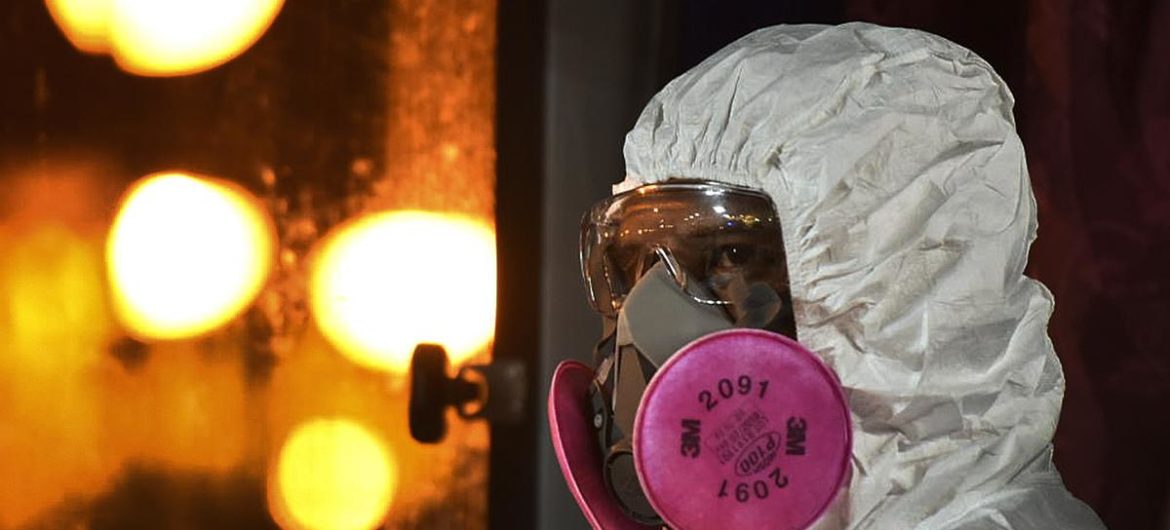Psychologists have warned that blaming young people for a spike in Covid-19 cases could encourage them to dump social distancing entirely.
In a letter to Matt Hancock, they say ‘shaming’ the young could have the complete opposite effect to the one intended, causing them to disengage entirely from efforts to stem the spread of Covid and trigger a wave of new cases.
The 50 psychologists called on ministers to ‘reframe’ their coronavirus statements and be far more ‘sensitive and understanding’ of the public’s emotional state.

Boris Johnson warned young people to consider their behaviour ‘for the sake of your parents’ and grandparents’ health’ last week after a spike in cases was recorded.
But experts have pointed out young people are less likely to own their own car they are more likely to use public transport, putting them at greater risk of catching the virus.
Figures show coronavirus cases are highest among 20 to 29-year-olds, at 28 new infections for every 100,000 people. These are followed by 30 to 39-year-olds at 17.6, and 10 to 19-year-olds at 16.2.
The lowest infection rate is among people aged 70 to 79, at 3.9 per 100,000, and rises only slightly to 6.7 in 60 to 69-year-olds and those over 80.
Criticising the Government for singling out young people, Professor Manuela Barreto, the head of psychology at the University of Exeter, said: ‘The focus on young people is an unfortunate distraction from the bigger issues underlying the current situation, and one that is unproductive and will only make matters worse.

‘Research shows that fear actually reduces empathy and pro-sociality, especially towards more vulnerable groups in society.’
Jennifer Nadel, co-director of Compassion in Politics, blasted the government for ‘blaming, shaming and debasing the public’s attitude towards coronavirus’.
She said: ‘The government must focus its energy on building a robust testing regime, on safeguarding the NHS, and providing financial security to those households most at risk from the oncoming recession.
‘Dealing with a global pandemic requires care, concern and compassion – it can’t just be beaten into submission by strong words and harsh rhetoric.
‘The government must remember the burden the public has already had to shoulder, the amount of change they’ve accepted and the sacrifices they’ve made.’
Their letter has gathered more than 50 signatories, including professors at Aberdeen, Edinburgh Napier and Newcastle universities and the Compassion in Mind Foundation.

Matt Hancock last week blamed the wave of new coronavirus infections on ‘socialising by people in their 20s and 30s’.
Mr Hancock said ONS figures showed weekly coronavirus deaths had dropped to their lowest levels since March, but added: ‘However, we have seen a concerning rise in the number of positive cases, particularly among younger people, and these figures serve as a salutary reminder that this virus is still very much with us and remains a threat.
‘So it is critical that we maintain our collective commitment to controlling this disease, and social distancing is the first line of defence.’
The UK has recorded more than 2,000 cases of coronavirus every day for the past ten days, amid mounting fears of a new outbreak.

Yesterday as many as 3,103 new cases of coronavirus were recorded.




